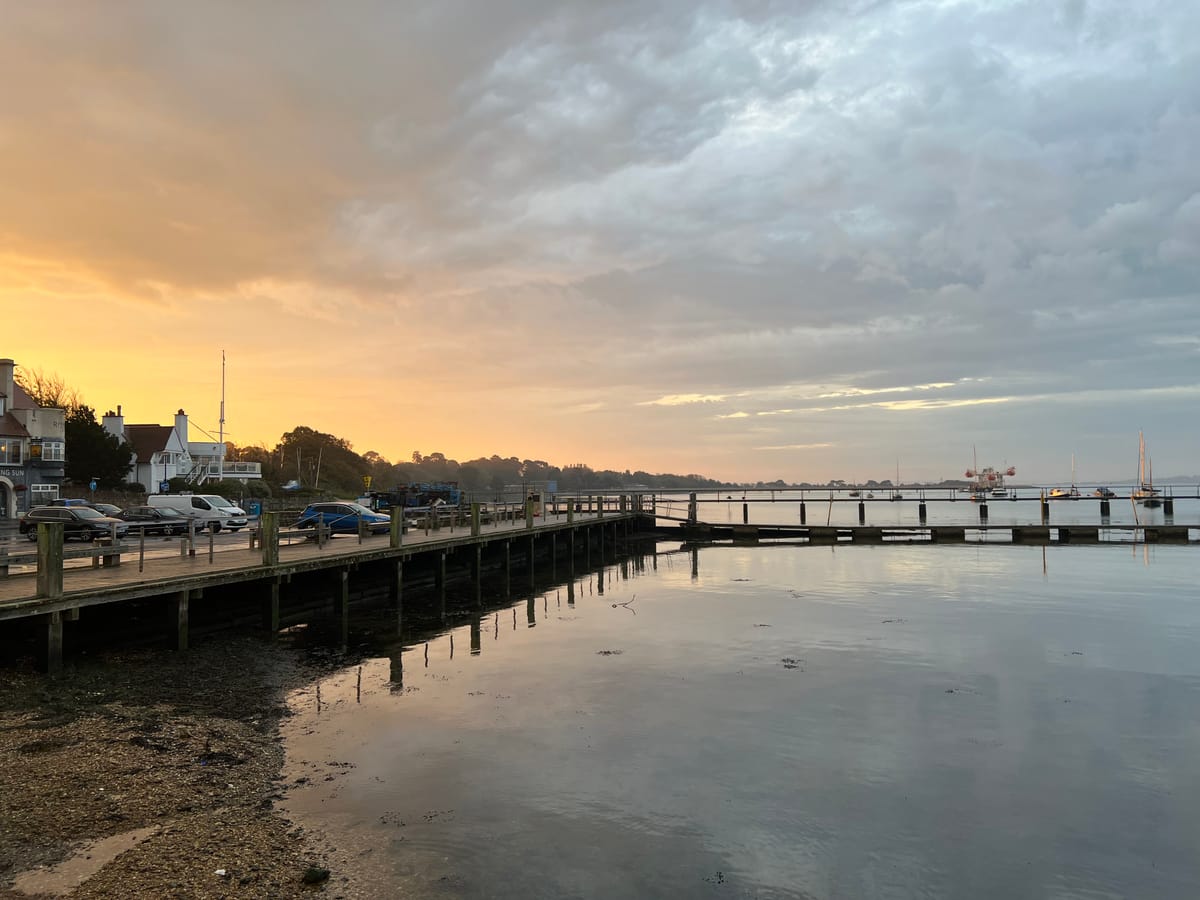Planning Paradox Revisited
How do you handle flexibility when unexpected challenges arise? How do constraints affect your planning and adaptability?

The goal for this little creative project was for me to write 12 posts this year, one every month. Ironically, I wrote about the distinction between A Priority vs. Priorities just a little while back, but it turns out that sometimes life throws some curveballs at you. In the last two months, I’ve been busy with work-related travel and also got hit by the flu season. The quick lesson here is that the unexpected happens, and priorities and habits can take a toll when new challenges appear.
Despite these hiccups, the plan is still to publish 12 posts. However, instead of a monthly post, the three remaining ones are going to be published on a different schedule. We’ll delve into recent challenges, reflect on the past year, and in the final part, I’ll discuss my plans and themes for the next year.
Planning vs. Flexibility
These new life variables got me thinking about an earlier post I wrote this year about Planning Paradox. While the distinction between planning versus adventure, and the related challenges still resonate with me, I’m starting to think this match needs a new contender. Enter Flexibility.
While the flu season comes and goes, the frequent travel is becoming my new normal—often on short notice. I’ve found myself needing to juggle between planning and flexibility. These trips are often an adventure, but they also require me to adjust my plans rapidly. So, how do you plan your life when there are significant uncertainties involved?
Constraints: The Key to Efficient Planning
Uncertainty introduces new constraints in my life. While constraints may sound limiting to some, I suggest the completely opposite point of view: constraints aid planning.
We often hope that we’d have more free time to tackle our personal projects, but the sad truth is that time usually isn’t the limiting factor—at least not for me. I’ve been jobless multiple times during my life, most recently during the COVID pandemic when I had over a year of free time. While I did improve my habits—preparing proper food, exercising more (I actually lost 12 kg during that year), and even learning new skills in programming and music—did I actually make the most of my time? Considering the amount of video games played during that year, I highly doubt it.
Free time provides plenty of opportunities, but it doesn’t guarantee productive use of it. One reason is that we don’t put dedicated thought into planning; we trust that we have time. Constraints help you plan because they require you to plan. They force you to be deliberate with your time. For example, one of my core habits that has taken a hit during my big life change is nutrition. While I’m working on getting that back on track, there are new constraints. In addition to frequent and unexpected travel, grocery stores here in Switzerland are closed on Sundays. There’s a simple fact that food spoils if left in the fridge for too long, and there’s not much shopping you can do when you get home from Zurich airport at midnight. It’s pretty obvious that I need to get better at meal planning and prepping, and also schedule my grocery store visits more effectively.
Another example is exercise, which has also suffered during this year. I’ve been thinking for ages that I should start going to an actual gym, but now as life is busier than before, I think it’s better to stick to exercises I can do anywhere. Walking and calisthenics are the obvious answers.
Embracing Flexibility Through Constraints
Constraints, while seemingly limiting, actually promote flexibility. They force you to adapt and find new ways to achieve your goals within the given limitations. By acknowledging and embracing these constraints, I can create more efficient plans that accommodate uncertainties.
So, while my free time might be more limited now, these constraints push me to be more efficient and intentional with how I use it. Instead of seeing constraints as barriers, I’m choosing to view them as opportunities to innovate and adapt.
How do you handle flexibility when unexpected challenges arise? How do constraints affect your planning and adaptability? Share your experiences below, and let’s continue this discussion.
